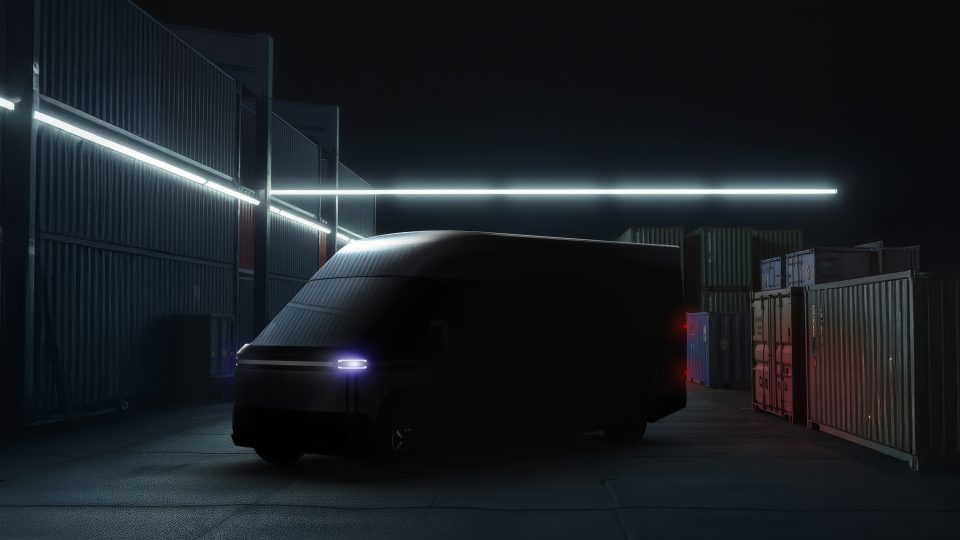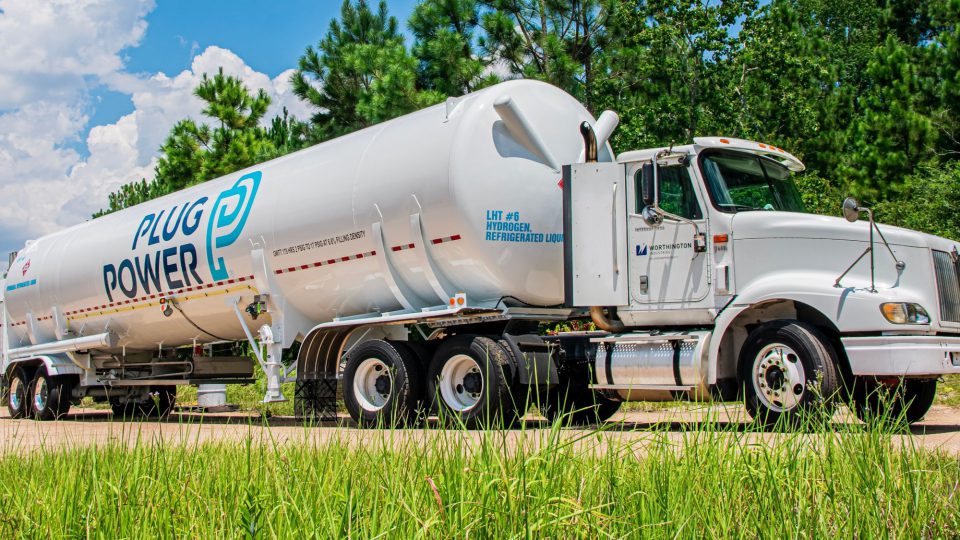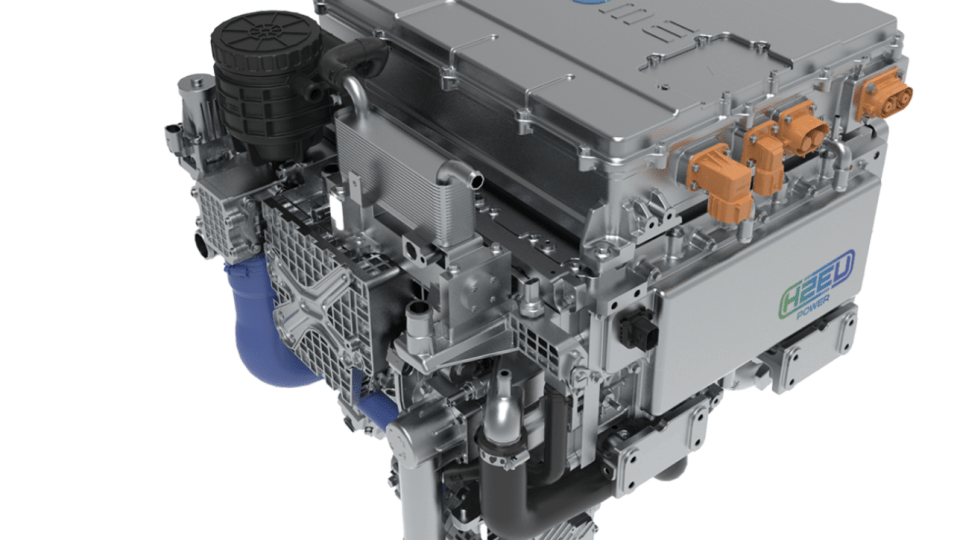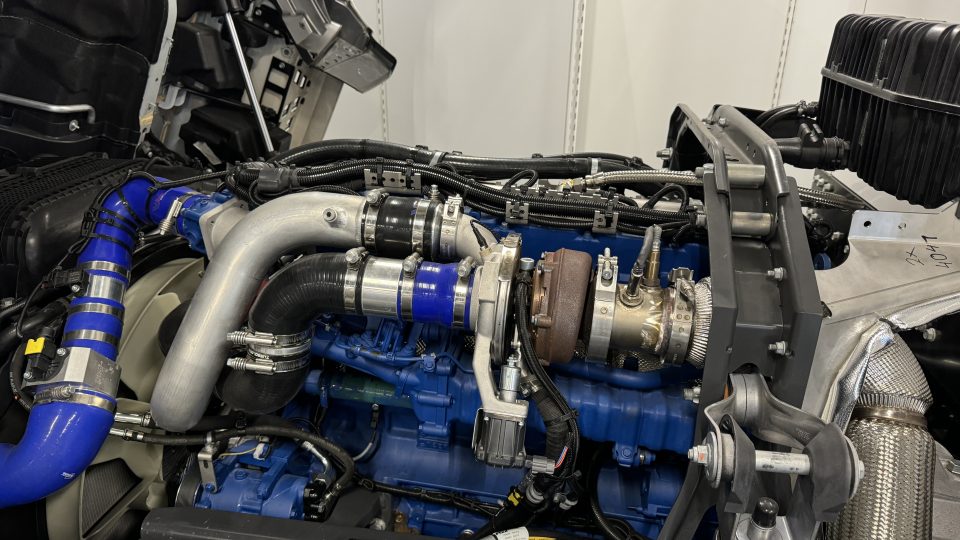Nikola FCEV, 100 orders already received. President Lohscheller: “The first of many”
“Customers are recognizing this and are demanding zero-emissions trucking solutions to fulfill their shipping needs and to meet their environmental, social and governance goals", commented Michael Lohscheller, Nikola’s President and CEO.
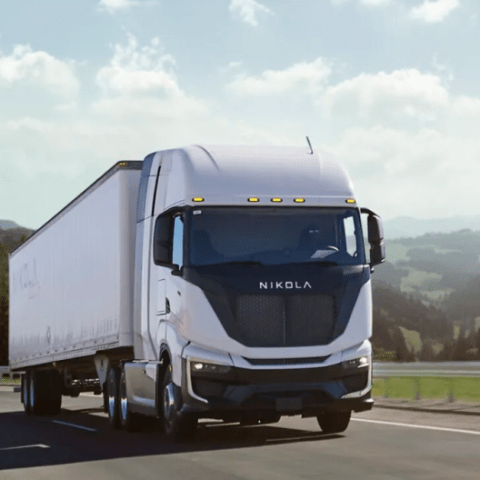
Nikola celebrated 100 orders received for the FCEV version of its Class-8 zero emission truck. The U.S. manufacturer and its dealers will start delivery the hydrogen-powered truck from the end of the current year.
“We believe Nikola is the only company in the U.S. with a Class 8 hydrogen FCEV available in calendar year 2023, engineered and assembled in the U.S., as well as a variety of upcoming hydrogen energy solutions,” said Michael Lohscheller, Nikola’s President and CEO. “Customers are recognizing this and are demanding zero-emissions trucking solutions to fulfill their shipping needs and to meet their environmental, social and governance goals. And it will have quite an effect, as one heavy-duty zero-emission truck equates to removing 23 gasoline-powered passenger cars from the road in annual CO2 emissions.”
The Nikola FCEV model eligible for incentives in California
The California Air Resources Board (“CARB”) Hybrid and Zero-Emission Truck and Bus Voucher Incentive Project (“HVIP”) program played a significant role in securing many of the 100 sale orders that are expected to convert to purchase orders following the satisfactory completion of the demonstration programs. California’s HVIP is an important incentive program intended to advance commercialization and to help reduce the total cost of ownership of hybrid and zero-emission commercial vehicles in the state of California.
“This 100 sale order milestone is certainly something to celebrate and shows the commitment of our customers, dealers, employees and stakeholders,” continued Lohscheller. “And this is expected to be the first of many upcoming announcements.”




